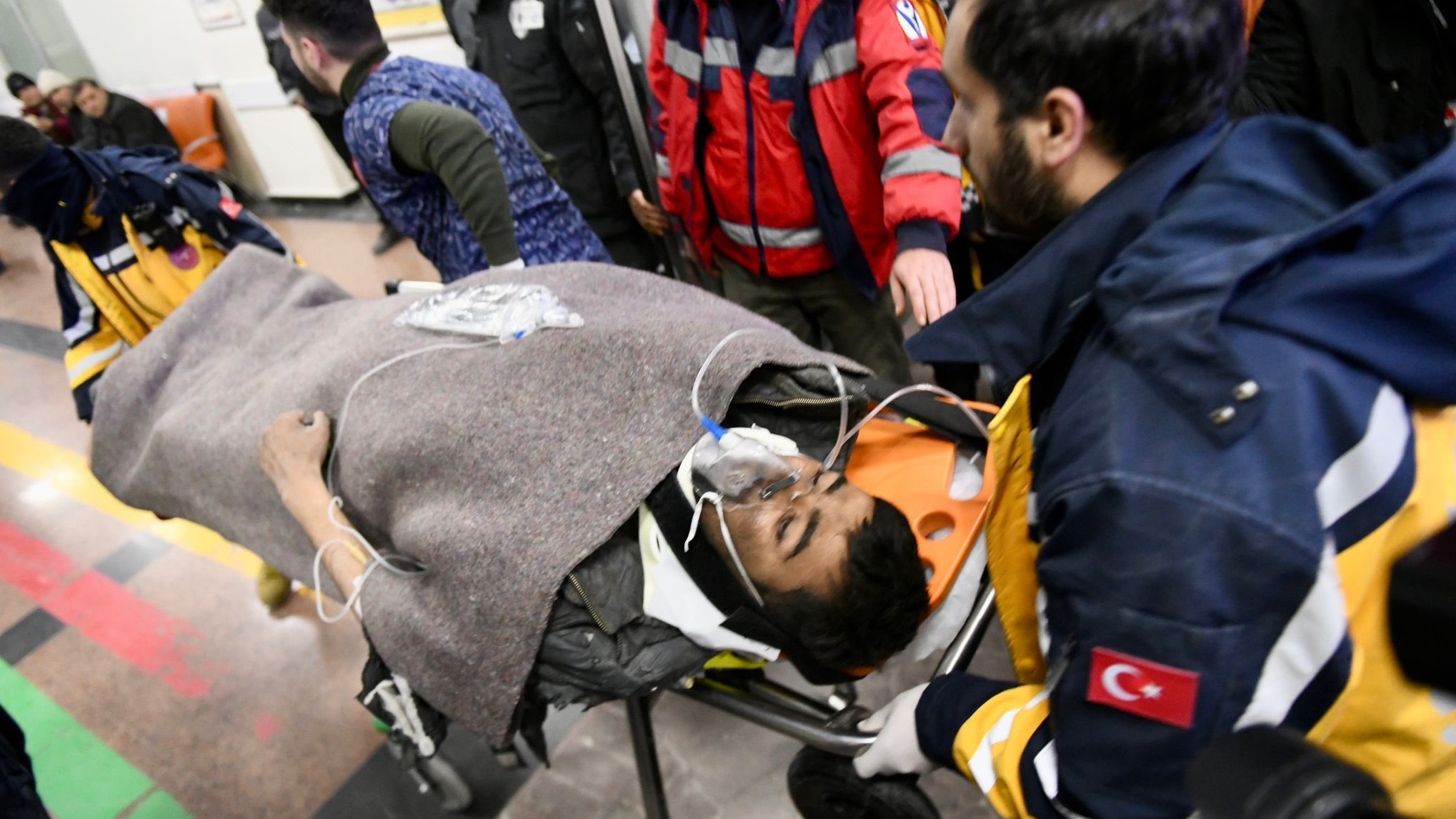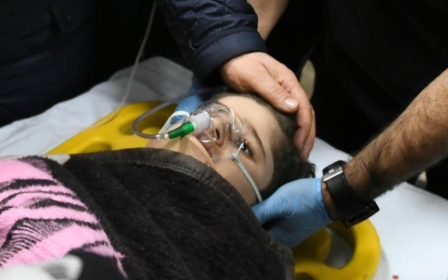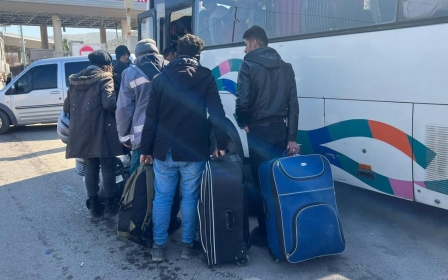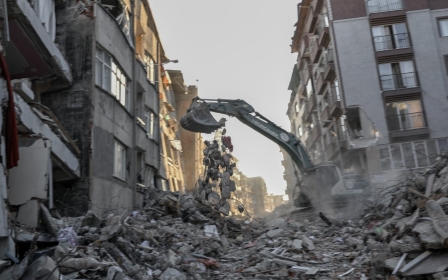Turkey-Syria earthquake: How do some people survive for so long under the rubble?

When 77-year-old Fatma Gungor was pulled out from rubble on Wednesday, 228 hours after two deadly earthquakes struck Turkey and Syria, dazed and confused she asked her rescuers: "What day is it?"
It was almost miraculous that she had survived for that long under the rubble in southern Turkey's Adiyaman. But even now, nearly two weeks after the disaster struck, men, women, and children continue to be found alive in southern Turkey and northern Syria, against all odds.
On Thursday, 11 days after the earthquake, four people were rescued in Hatay and Antakya, including a 14-year-old boy.
More than 41,000 people in the two countries have been killed.
It is generally accepted that the first 72 hours after a disaster are crucial, and usually considered the golden phase of finding survivors.
New MEE newsletter: Jerusalem Dispatch
Sign up to get the latest insights and analysis on Israel-Palestine, alongside Turkey Unpacked and other MEE newsletters
More than 90 percent of earthquake survivors are rescued within the first three days and there are several reasons for that.
Ilan Kelman, a professor of disasters and health at University College London, told AFP: "Generally, earthquakes do not kill people, collapsing infrastructure kills people."
'Generally, earthquakes do not kill people, collapsing infrastructure kills people'
- Ilan Kelman, disasters and health expert
Finding injured people before they lose consciousness, or succumb to their wounds and a lack of food or water, becomes of paramount importance.
In Turkey and Syria, the 72-hour window may have been even shorter because the region was experiencing heavy snowfall, rain, and freezing temperatures that made conditions very difficult.
Without water in particular many people "will start dying at the three, four, five-day mark", Kelman said.
One survivor while recounting his ordeal spoke of urinating in a bottle and drinking it in a bid to stay alive.
Others were lucky and managed to survive on tobacco and access to water.
Most of the people rescued in recent days had not suffered life-threatening injuries during the earthquake, which allowed them to survive for a longer time.
The demographic of survivors also changes the more time passes.
“They tend to be younger people and have been fortunate enough to find either a pocket in the rubble or some way to access needed elements like air and water," Dr Christopher Colwell, an emergency medicine specialist at the University of California at San Francisco, told Reuters.
The background of survivors in the last few days seems to tally with that. The vast majority of those found have tended to be younger and under the age of 45.
The mental state of those trapped can also affect survival, said Dr George Chiampas, an emergency medicine specialist at Northwestern University's Feinberg medical school, speaking to the Associated Press.
People trapped next to dead bodies, who have no contact with other survivors or rescuers, may simply give up hope, Chiampas said.
"The hope that someone is going to get to you, I think can provide you one, two, or three more days," he said.
Middle East Eye delivers independent and unrivalled coverage and analysis of the Middle East, North Africa and beyond. To learn more about republishing this content and the associated fees, please fill out this form. More about MEE can be found here.




